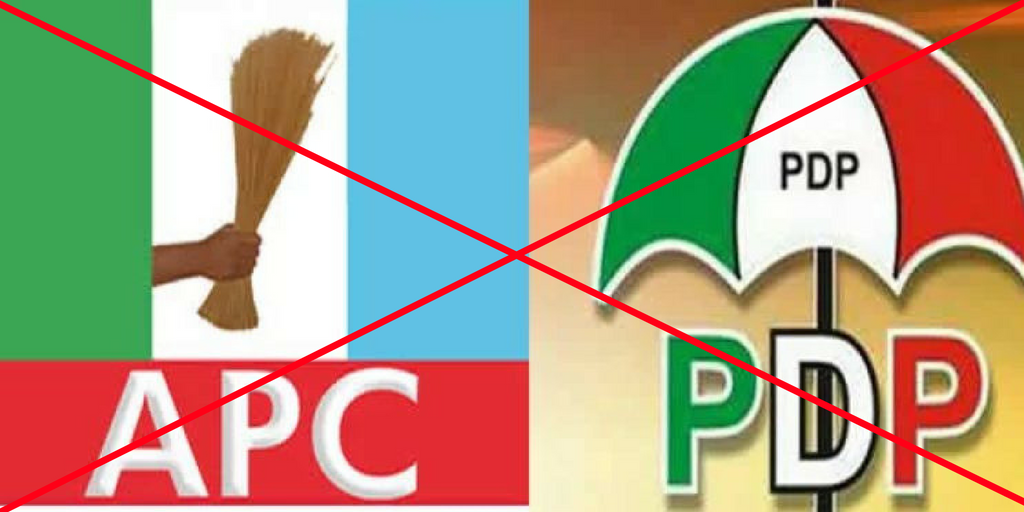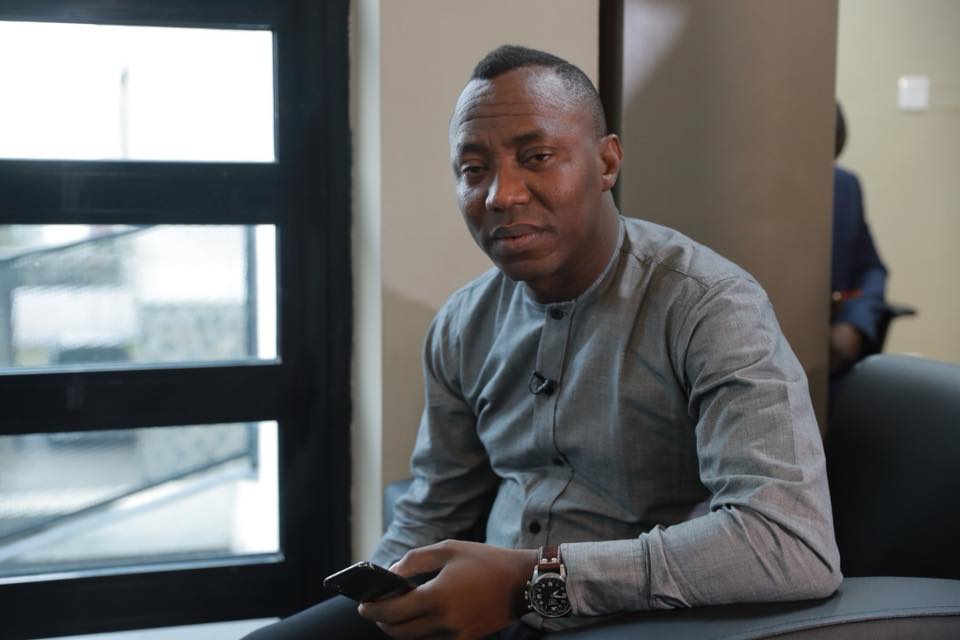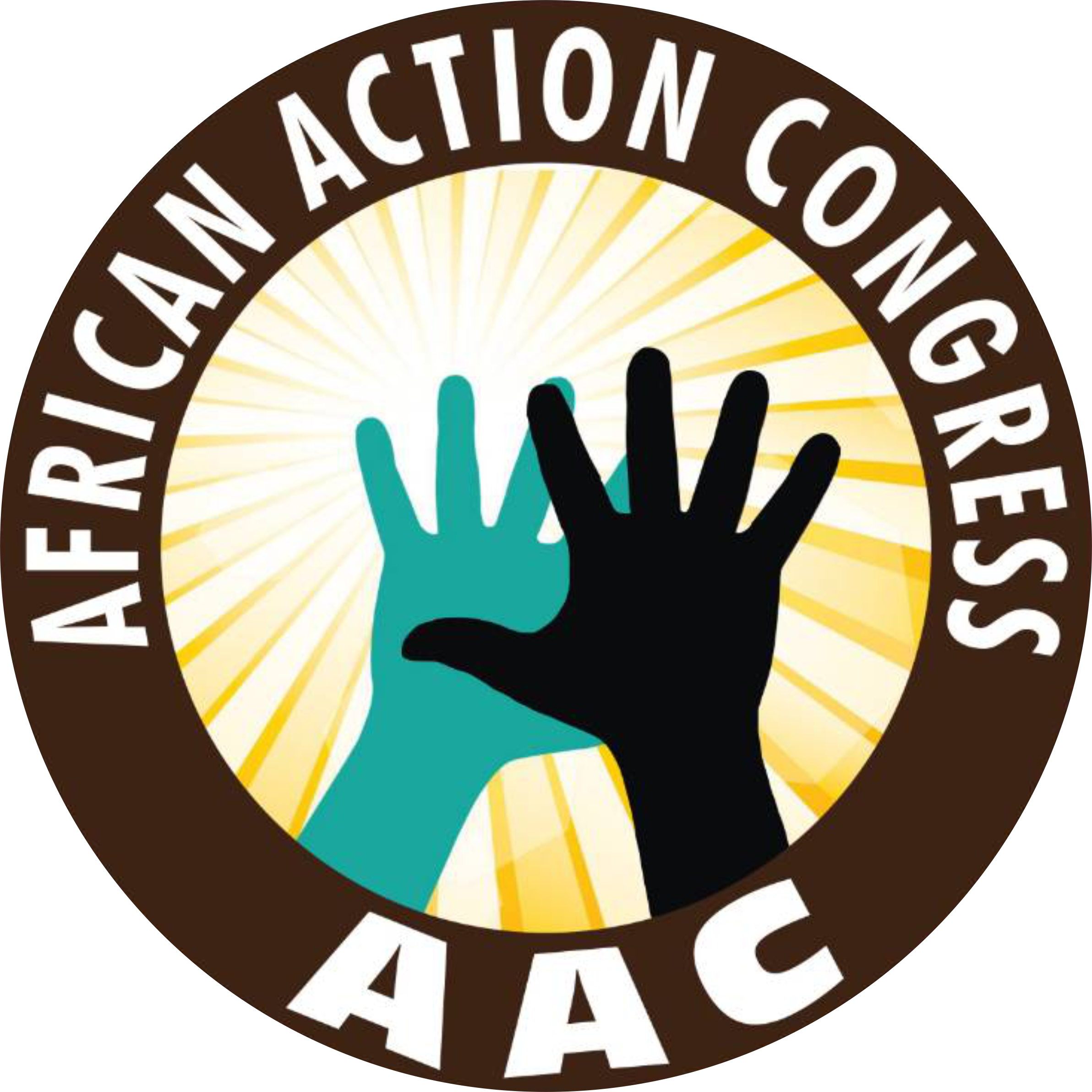A political theory or system favoring and exercising unlimited or unchecked authority by a single individual is Autocracy. Virtuous to the principle of power sharing and Democracy, autocratic rules and decisions are deemed unfit and apparently liable to assail the rule of law in a constitutional society. Nigeria being a constitutional democratic state provides for the separation of powers among the Executive, Legislature, and judiciary. Each vested with different responsibilities as provided by the Constitution are required to operate independently from each other in order to check and avoid abuse of power.
In Nigeria today, under the administration of President Mohammed Buhari the arms of government have had a lot of conflicts resulting from power tussle. On December 2, 2016, an Abuja High court ordered the immediate release of the Shi’a leader, El Zakyzaky with a fine of 50million Naira, Subsequently, On July 2, 2018, the court ordered the immediate release of Colonel Dasuki; unfortunately, President Buhari refused both judicial verdicts on different occasions.
The Peak of the atrocities came when the Chief Justice of Nigeria, Walter Onohnghen was alleged and charged to court for failing to declare his asset, the issues generated heated controversy and the Code of Conduct Tribunal was denied jurisdiction to preside over the case leaving the Chief Justice undecided and apparently presuming his innocence by virtue of section 36(5) of the 1999 Constitution. The Government of the day has succeeded in violating the rights of the people it is obliged to care for.
Spiteful of Walter Onoghen’s presumption of innocence, The Presidency ordered a swift suspension of him and immediate installment of Mohammed Tanko as the acting chief justice of Nigeria violating judicial process and peeping into tyranny implicitly. The appointment of Tanko is deemed unconstitutional virtuous to Section 231(1) in the quote “The appointment of a person to the office of Chief Justice of Nigeria shall be made by the President on the recommendation of the National Judicial Council subject to confirmation of such appointment by the Senate.” The appointment of Mohamed Tanko without legislation is a command and abuse of power which is not tolerated under democracy.
Since Justice Walter Onoghen has not been convicted by a Competent Court of law and has not been brought to book by the Judicial Commission, it errs to appoint a new one amounting to two Chief Justices to head the judicial arm as we cannot have two presidents and two senate presidents in the country. Pursuant to section 231(4) “If the office of Chief Justice of Nigeria is vacant or if the person holding the office is for any reason unable to perform the functions of the office, then until a person has been appointed to and has assumed the functions of that office, or until the person holding has resumed those functions, the President shall appoint the most senior Justice of the Supreme Court to perform those functions.” In this regard the office of the CJN is not dully vacant and cannot be filled.
On the appointment of Justice Tanko, it is partially right on the ground that he is the subsequent justice of the Supreme Court to justice Onoghen, but violating the due process of legally removing justice Onoghen in accordance with section 292(1ai) of the 1999 constitution outrightly invalidates the appointment of Justice Tanko as the Chief Justice of Nigeria. In the supreme law of the Nation the removal of the CJN must be legislated, therefore the president’s action to impose the new CJN on the Nation Judicial mantle is outright dictatorship and must be dejected by the people of Nigeria.
Haven seen the dictatorial traits of the recent Government, and having the opportunity at the Election poll coming on February 16, it will be delusional and perversive to re-elect a Government which has no respect for the Fundamental rights of the people who are proclaimed to be Government. If proper decision is not taken, and the current government is reelected, a prospective sack of democracy and explicit return of autocracy is perceived.










